The Combining Form For Kidney Is

Imagine yourself in a medical drama, hushed tones echoing as doctors discuss a patient's condition. Words like "nephrology" and "renal failure" float through the air, sounding both technical and deeply human. But have you ever paused to consider where these words originate, the building blocks that give them their meaning?
This article delves into the fascinating world of medical terminology, specifically exploring the combining form for kidney: nephro- and reno-. We'll uncover their origins, explore their usage in various medical contexts, and understand why these seemingly small prefixes are so crucial in the language of medicine.
The Roots of Nephro- and Reno-
The combining forms for kidney, nephro- and reno-, have distinct etymological roots. Nephro- originates from the Greek word nephros, meaning kidney. Reno-, on the other hand, comes from the Latin word renes, also meaning kidneys.
Both forms are widely used in medical terminology, often interchangeably, but sometimes with subtle nuances. Understanding their origins helps to decipher complex medical terms related to the kidney.
Nephro- in Medical Terminology
The prefix nephro- appears in a wide array of medical terms. These terms are used to describe conditions, procedures, and specialties related to the kidneys. Let's look at some examples.
Nephrology, for instance, is the branch of medicine dedicated to the study and treatment of kidney diseases. It’s a field that addresses everything from kidney infections to chronic kidney disease.
Nephritis refers to inflammation of the kidney. This condition can be caused by infections, autoimmune diseases, or exposure to toxins.
A nephrectomy is the surgical removal of a kidney. This procedure might be necessary in cases of kidney cancer, severe infection, or traumatic injury.
Nephropathy is a general term for kidney disease or damage. Diabetic nephropathy, for instance, is a common complication of diabetes that affects the kidneys.
Nephrolithiasis describes the presence of kidney stones. This painful condition occurs when minerals and salts crystallize in the kidneys.
Reno- in Medical Terminology
Similar to nephro-, reno- is also prevalent in medical terminology related to the kidneys. Although both prefixes indicate kidney-related concepts, reno- often appears in terms reflecting the kidney's function or anatomy in a more descriptive way.
Renal refers to anything pertaining to the kidneys. This is a broad term used to describe the kidney's characteristics, functions, or related conditions.
Renin is an enzyme produced by the kidneys that plays a crucial role in regulating blood pressure. It is part of the renin-angiotensin-aldosterone system (RAAS).
Renovascular refers to the blood vessels of the kidneys. Renovascular hypertension, for example, is high blood pressure caused by narrowing of the arteries that supply blood to the kidneys.
Renogram is a nuclear medicine scan used to assess kidney function. It measures how well the kidneys filter and excrete radioactive tracers.
The Significance of Understanding These Combining Forms
Understanding the combining forms nephro- and reno- is essential for anyone working in the medical field. This knowledge facilitates comprehension of complex medical terms. It also enables more effective communication with healthcare professionals.
For medical students, nurses, and other healthcare providers, a solid grasp of medical terminology is fundamental. It aids in accurate diagnosis, treatment planning, and patient education.
Even for patients, familiarizing oneself with these terms can be empowering. It allows for better understanding of their medical conditions and treatments. This knowledge enables them to engage more actively in their healthcare decisions.
Why Two Combining Forms?
The existence of two combining forms, nephro- and reno-, for the same organ reflects the historical development of medical terminology. The influence of both Greek and Latin on medical language is considerable. As medicine evolved, terms from both languages were adopted and adapted.
While there is often overlap in their usage, some terms have become more commonly associated with one form over the other. This is often due to historical precedent or subtle differences in emphasis.
For example, nephrology is almost universally used to describe the specialty dealing with kidney diseases. The term renal is favored when describing the kidney's general functions.
Examples in Context
Consider the phrase, "The patient was referred to a nephrologist due to concerns about renal function." Here, nephrologist emphasizes the specialist, while renal is used to describe the function of the kidneys.
Or, "A nephrectomy was performed because of severe renal cell carcinoma." In this example, nephrectomy denotes the surgical procedure, while renal specifies the type of cancer affecting the kidney.
Looking Ahead
As medical science continues to advance, new terms related to the kidneys will inevitably emerge. Understanding the foundational combining forms like nephro- and reno- will be essential for navigating this evolving landscape.
New research and treatments for kidney diseases are constantly being developed. From novel therapies to advanced diagnostic techniques, the field of nephrology is dynamic and innovative.
By staying informed about the language of medicine, we can all better understand and participate in the advancements that are improving kidney health worldwide.
Conclusion
The journey through the world of medical terminology, guided by the combining forms nephro- and reno-, reveals the intricate beauty and precision of medical language. These seemingly simple prefixes unlock a deeper understanding of kidney-related concepts, empowering us to communicate effectively about health and well-being.
So, the next time you encounter a medical term containing nephro- or reno-, remember the rich history and profound significance embedded within those syllables. You'll not only understand the word itself, but also gain a greater appreciation for the language of medicine.
Ultimately, understanding these terms brings clarity and empowers individuals to take charge of their health and engage in informed discussions with healthcare providers. It’s a small piece of knowledge that can make a big difference in navigating the complexities of the medical world.

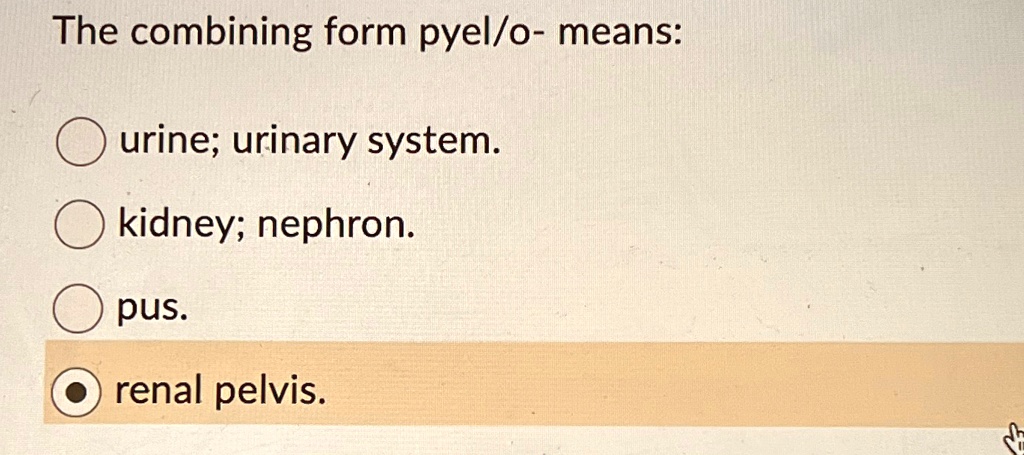




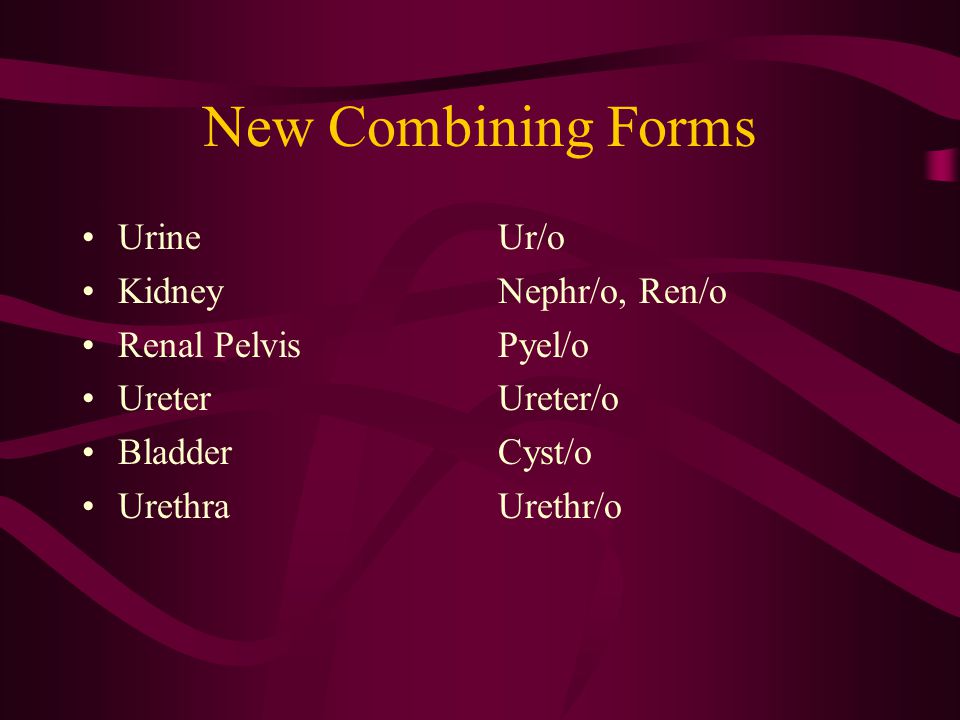

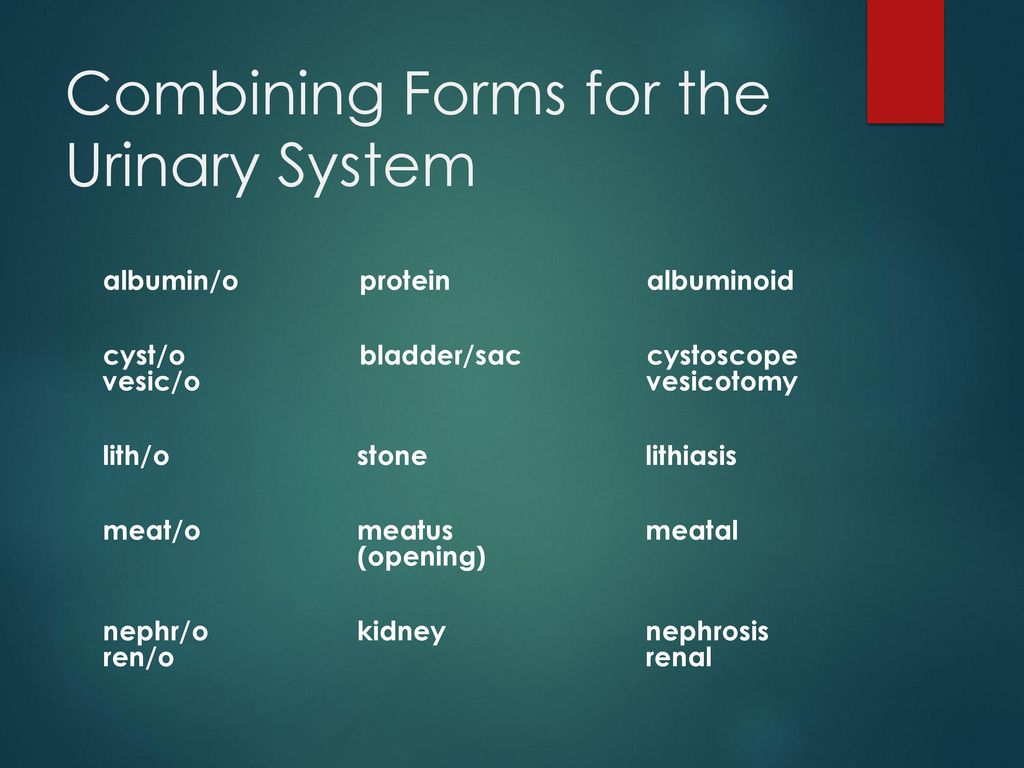


.jpg)
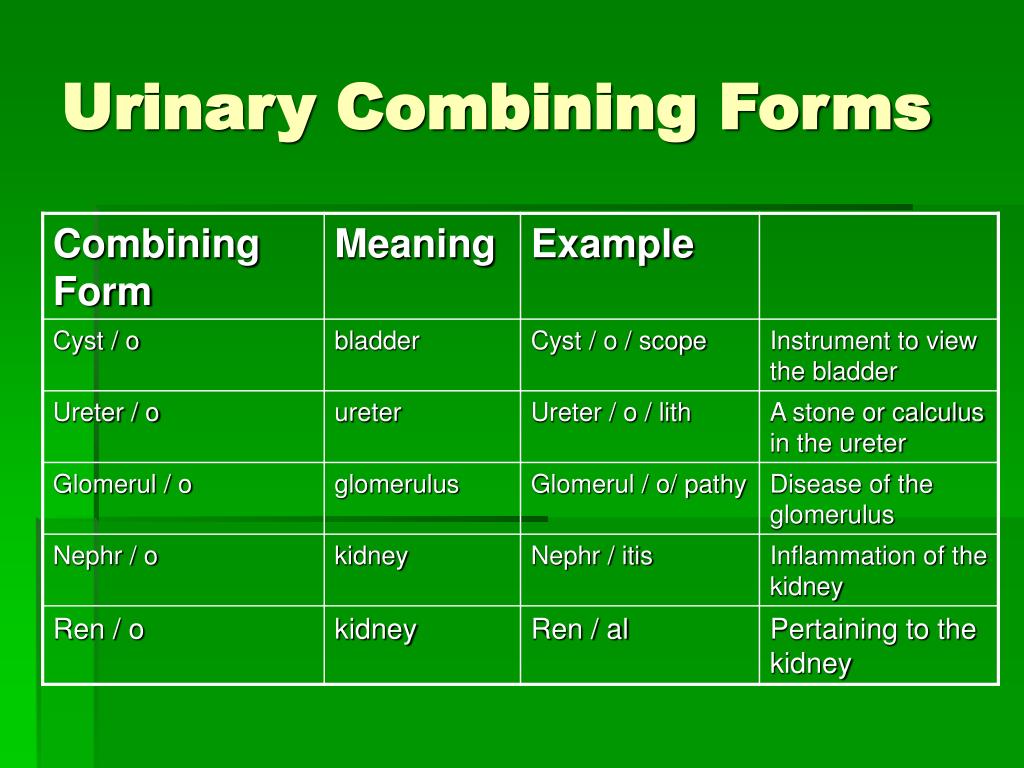


+nephr/o+ren/o.jpg)
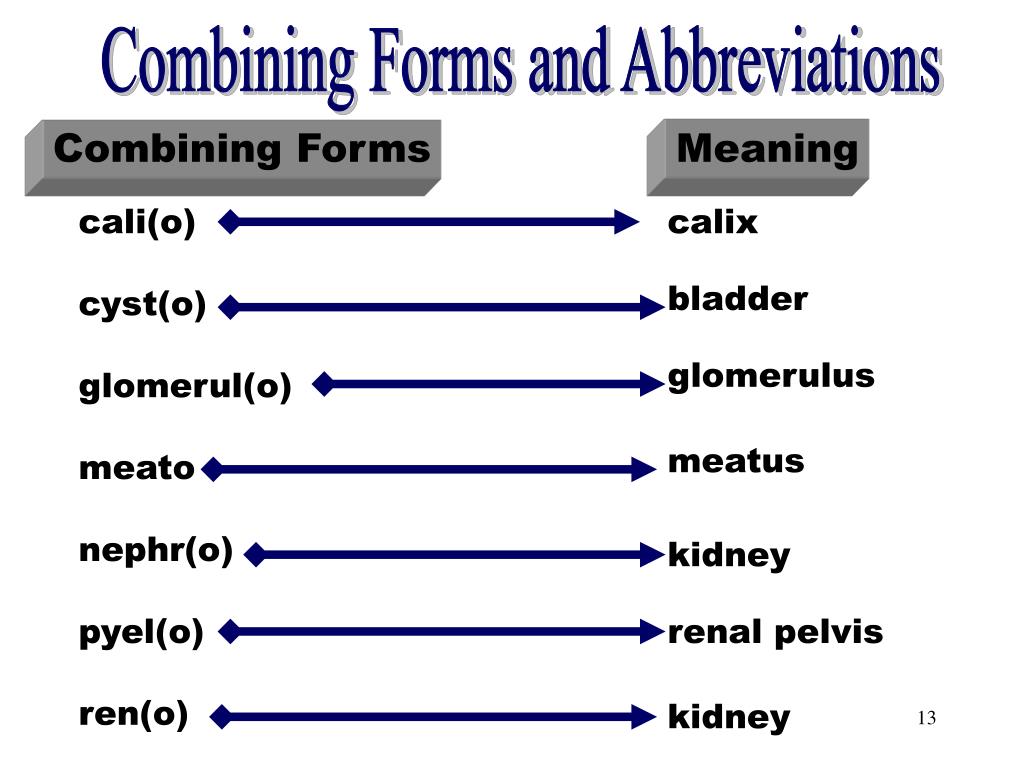
.jpg)
